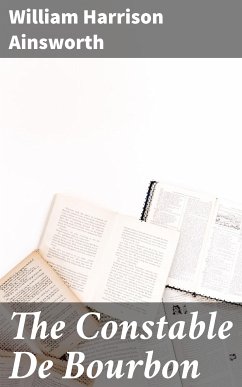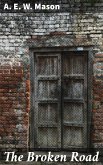William Harrison Ainsworth's "The Constable De Bourbon" is a richly textured historical novel that immerses readers in the turbulent political landscape of 16th-century France. The narrative unfolds with a vivid portrayal of the rivalry between the Constable De Bourbon and the French crown, capturing the complexities of loyalty, betrayal, and ambition. Ainsworth's eloquent prose combines vivid imagery and dramatic dialogue, reflective of the melodramatic style popular in Victorian literature, which enhances the tension of the historical events he depicts. Ainsworth, an esteemed contemporary of authors like Charles Dickens and a prolific figure in 19th-century literature, was deeply influenced by his interest in historical drama and romance. His work often explores themes of honor and social upheaval, likely informed by the socio-political context of his own time as England faced its own challenges in governance and national identity. Ainsworth's thorough research, illustrated by his acute attention to detail in historical settings, sets a standard for historical fiction that fuses education with entertainment. For readers who appreciate a complex tapestry of historical intrigue and character-driven storytelling, "The Constable De Bourbon" is a compelling read. Ainsworth's skillful character development and his ability to evoke the visceral emotions of his subjects make this novel not only a window into a pivotal era but also an exploration of the human spirit amidst chaos. Highly recommended for both history enthusiasts and literary aficionados alike.
Dieser Download kann aus rechtlichen Gründen nur mit Rechnungsadresse in A, B, BG, CY, CZ, D, DK, EW, E, FIN, F, GR, H, IRL, I, LT, L, LR, M, NL, PL, P, R, S, SLO, SK ausgeliefert werden.









